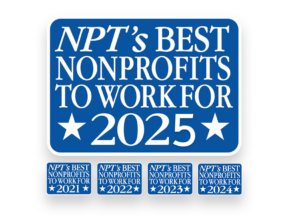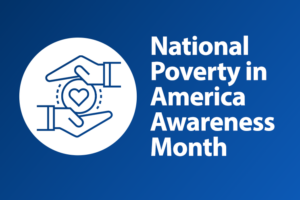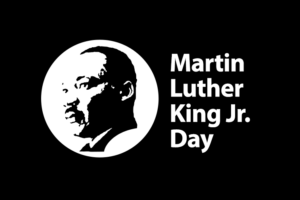Sarah Ford | February 4, 2014
What’s a Pack of Smokes Cost? Your Teeth
By Rob Stein
 When it comes to persuading teenagers not to smoke, you have to think short-term, the Food and Drug Administration says.
When it comes to persuading teenagers not to smoke, you have to think short-term, the Food and Drug Administration says.
“While most teens understand the serious health risks associated with tobacco use, they often don’t believe the long-term consequences will ever apply to them,” FDA Commissioner Margaret Hamburg told reporters Monday before unveiling the agency’s first-ever anti-smoking campaign.
Instead, the ads focus on how smoking affects teenagers’ appearance by ruining their skin and messing up their teeth. One graphic TV ad shows a teenager buying a pack of cigarettes at a convenience store and literally pulling out a tooth with a set of pliers to pay for them.
“What’s a pack of smokes cost? Your teeth,” the narrator says. “Smoking can cause serious gum disease that makes you more likely to lose them.”
“For the first time the federal government is really using the same quality advertising agencies, using the same kind of research, that the tobacco industry has used for decades to market to kids,” says Matthew Myers, who heads the Campaign for Tobacco-Free Kids. “However, this time they’re doing it to discourage tobacco use among kids.”
Get Resources and Insights Straight To Your Inbox
Explore More Articles
America’s Charities Named ‘Best Nonprofit To Work For’ For Fifth Consecutive Year
Washington, D.C. – April 1, 2025 – America’s Charities, the nonprofit that mobilizes the power of giving as a leading provider of volunteering, workplace giving,…
Read ArticleGet Resources and Insights Straight To Your Inbox
Receive our monthly/bi-monthly newsletter filled with information about causes, nonprofit impact, and topics important for corporate social responsibility and employee engagement professionals, including disaster response, workplace giving, matching gifts, employee assistance funds, volunteering, scholarship award program management, grantmaking, and other philanthropic initiatives.




